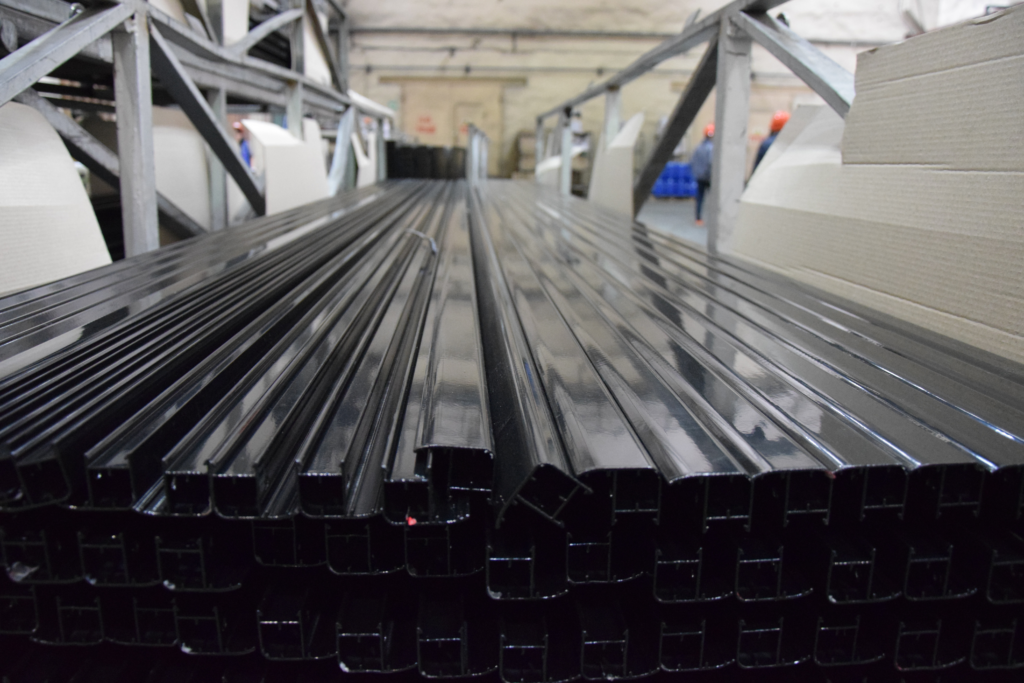Hydro (NHY.OL), an aluminum producer, will invest 180 million euros ($195.39 million) in a new aluminum recycling plant in Spain, producing 120,000 metric tons of low-carbon metal for Europe’s energy transition plans, the Norwegian company announced.

Last year, the European Union added aluminum to its critical raw material list because it is a key material for electric vehicles, where it is used to reduce weight and increase driving range.
Primary aluminum production requires a lot of electricity, making it very carbon intensive. China’s reliance on coal to generate power means that one metric ton of aluminum can emit up to 20 metric tons of carbon, whereas in Europe, the number is less than seven tons.
When Hydro’s Torija facility in northeastern Spain goes into operation in 2026, it will emit four tons of carbon for every one ton of aluminum. Construction on the plant will begin in the second half of 2024.
“We see increasing demand for low carbon aluminum from consumers and increasing interest in how our material is produced,” Hydro Executive Vice President Eivind Kallevik told Reuters. “It’s an important shift from five years ago. Companies are now more interested in the embedded carbon footprint of the cars they produce.”
Recycled or secondary aluminum requires 95% less energy than primary metal.
Hydro will be able to recycle up to 70,000 tons of scrap aluminum collected in Europe at its new Torija facility for the region’s electric vehicle, renewable energy, and construction industries.
The Torija recycling project, Hydro’s second in Spain, comes after the opening of Hydro’s Cassopolis plant in the United States last year. Cassopolis is expected to produce 120,000 tons of recycled aluminum per year.
Hydro intends to reduce the carbon footprint of some of its aluminum products to near-zero by 2030 using technologies such as renewable energy and carbon capture storage (CCS).

